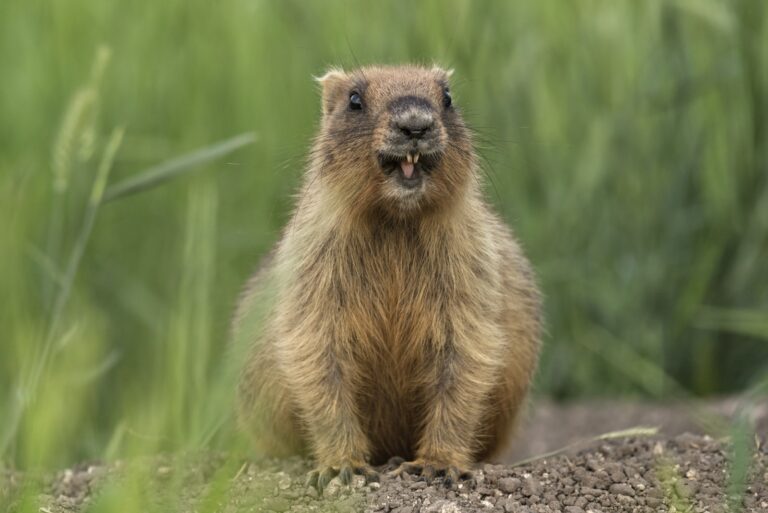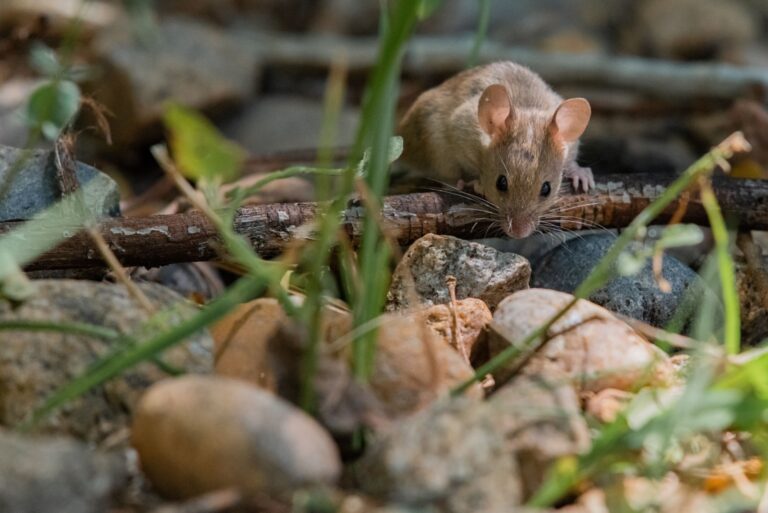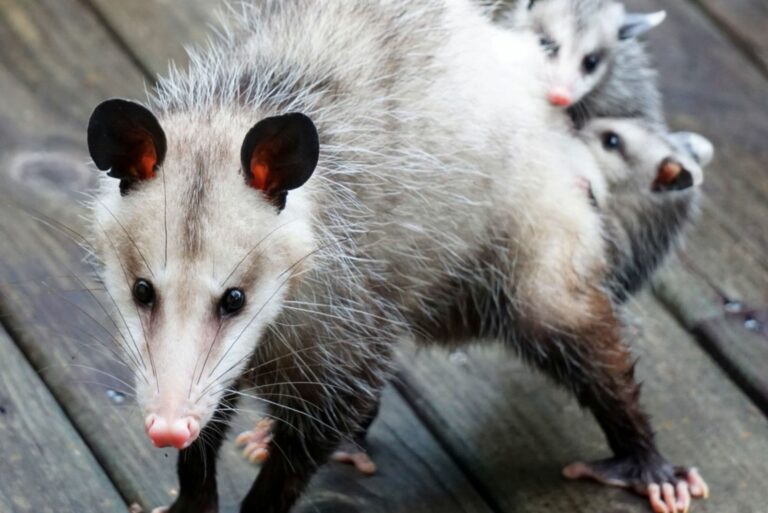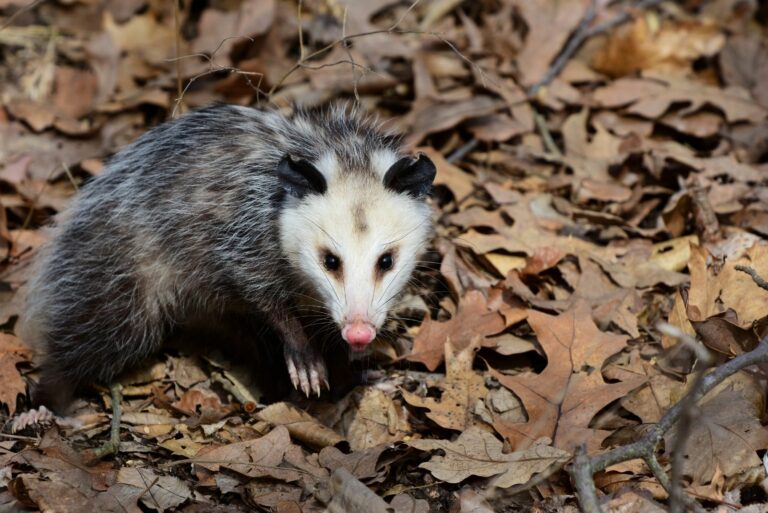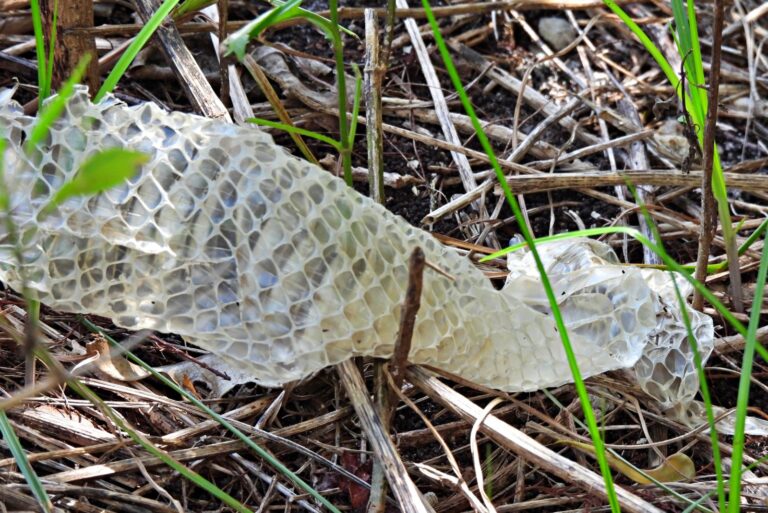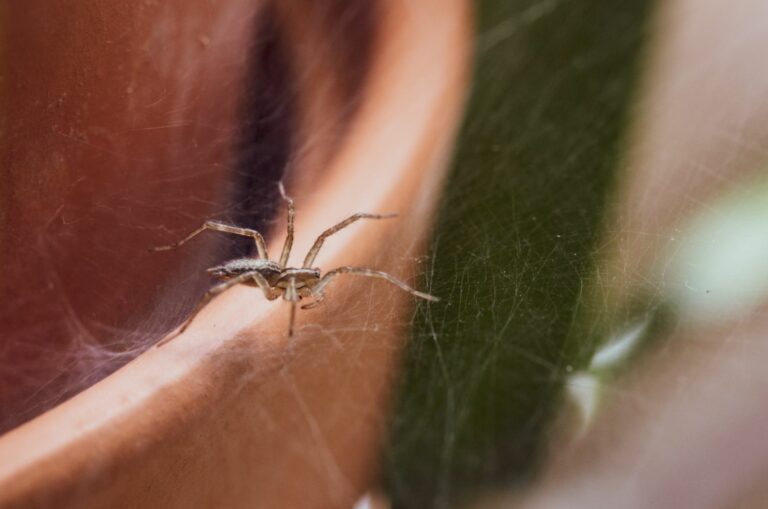What Pennsylvania Homeowners Should Know Before Removing Possums From Their Yards
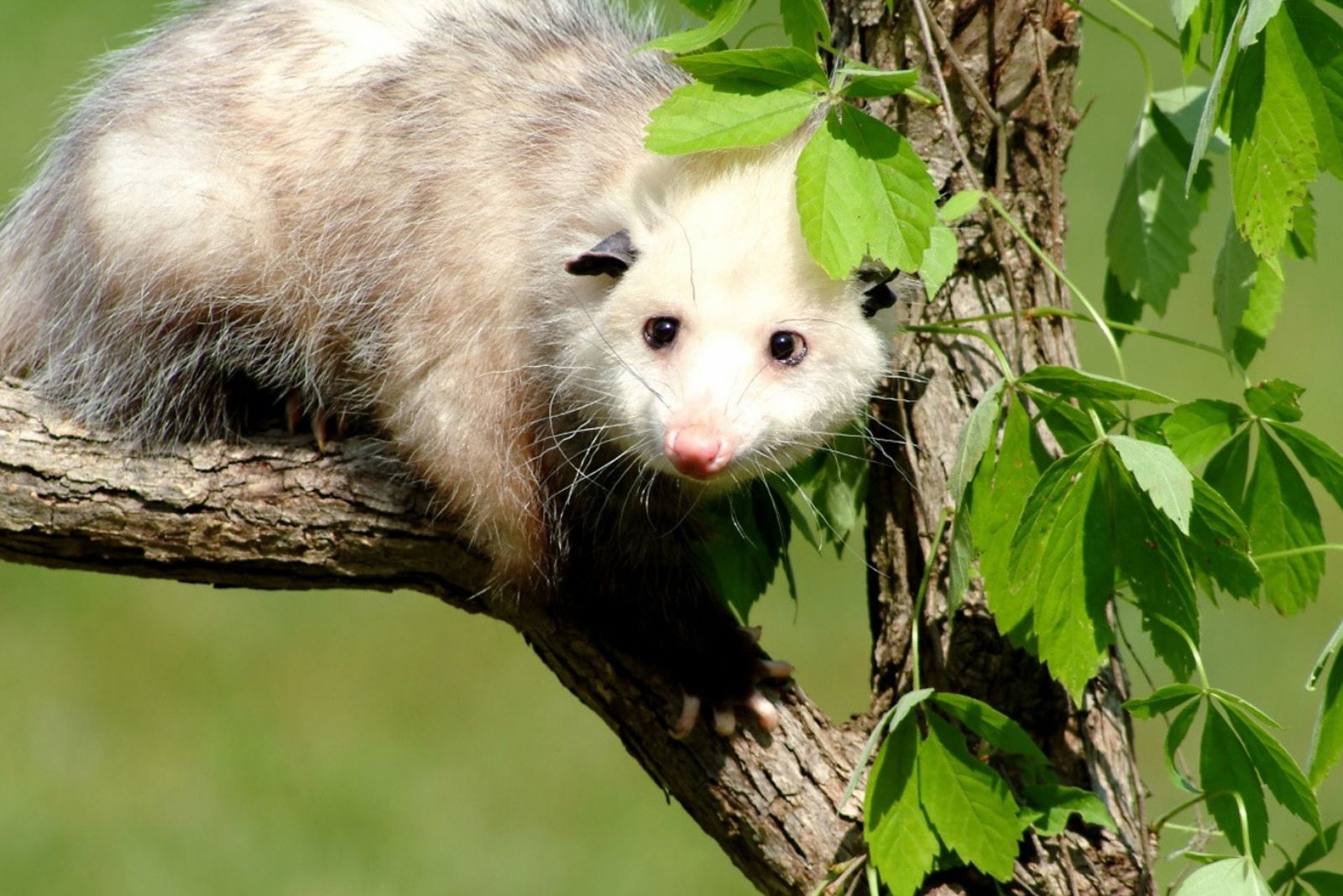
Possums might look a little odd with their pointy snouts and hairless tails, but they’re actually helpful neighbors in Pennsylvania yards. Before you decide to shoo them away, it’s smart to understand what they do and how they fit into your local ecosystem.
Learning a few key facts can help you make the best choice for your property and these misunderstood creatures.
1. Possums Are Nature’s Pest Control Team
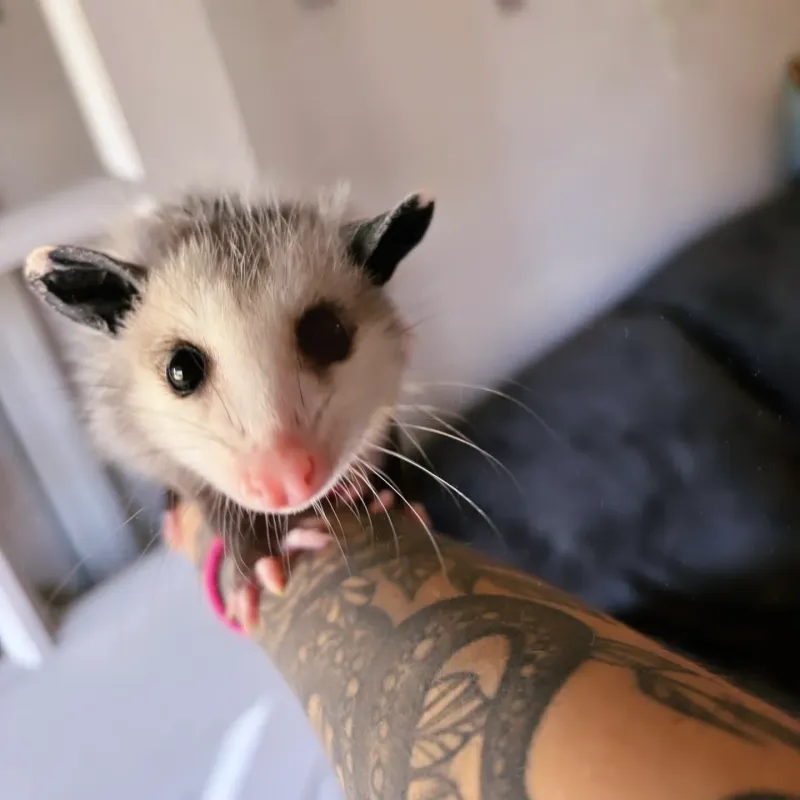
These marsupials eat thousands of ticks every season, which matters a lot in Pennsylvania where Lyme disease is a real concern. A single possum can gobble up around 5,000 ticks in one season, keeping your yard safer for kids and pets.
They also munch on beetles, cockroaches, and other bugs you’d rather not have around. Instead of harmful chemicals, possums offer free, natural pest management that benefits everyone in the neighborhood.
2. They’re Only Temporary Visitors
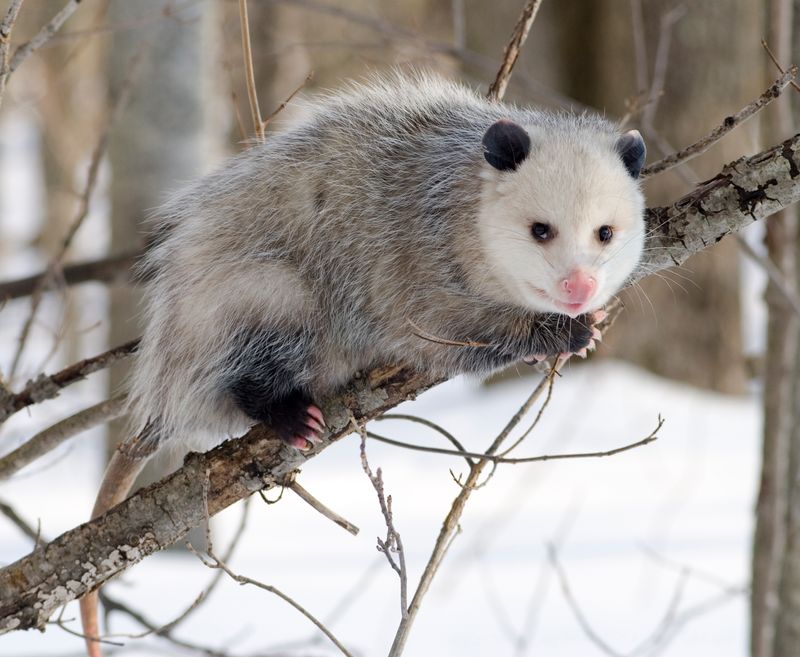
Possums are nomadic by nature and rarely stick around one spot for long. Most will move on within a few days or weeks after checking out your yard for food sources.
Pennsylvania homeowners often worry these animals will nest permanently, but possums prefer to keep wandering. If you spot one near your deck or shed, chances are it’s just passing through on its nightly route. Patience usually solves the problem without any intervention needed.
3. Removal May Actually Be Illegal
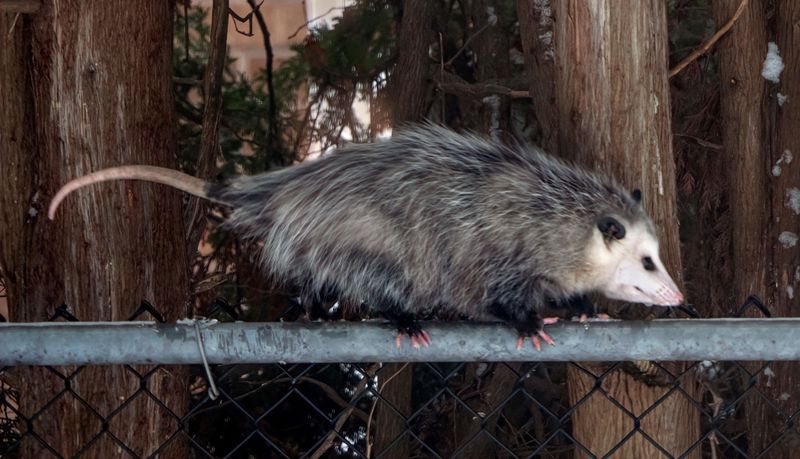
Pennsylvania has specific wildlife regulations that control how and when you can trap or relocate animals. Possums are classified as furbearers, meaning special permits are often required for removal.
Homeowners who trap and relocate possums without proper authorization could face fines. It’s always best to check with the Pennsylvania Game Commission or contact a licensed wildlife professional before taking action. Understanding local laws protects both you and the wildlife.
4. Possums Rarely Carry Rabies
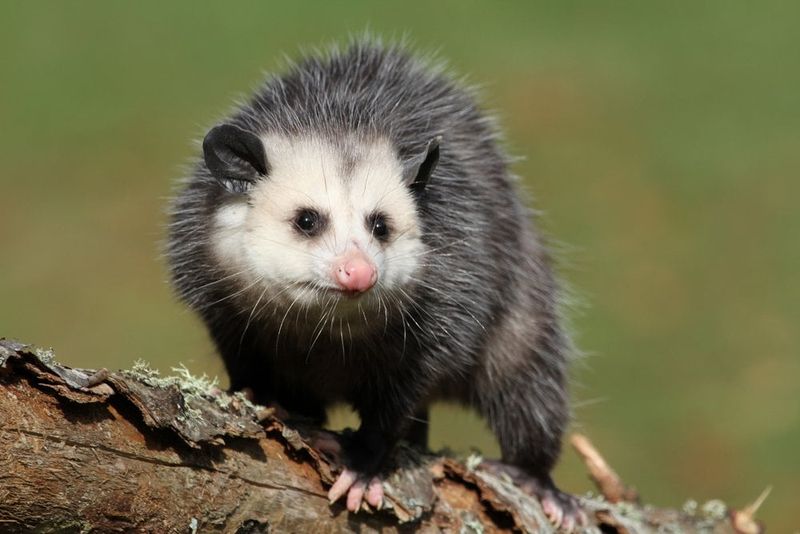
Many people fear possums because they assume all wild animals spread rabies, but science tells a different story. Possums have a lower body temperature than most mammals, making it nearly impossible for the rabies virus to survive in their system.
Pennsylvania residents can feel reassured knowing possum encounters pose minimal rabies risk compared to raccoons or bats. While you should never handle wild animals, possums are among the safest critters you might meet in your yard.
5. Their Droppings Benefit Your Soil
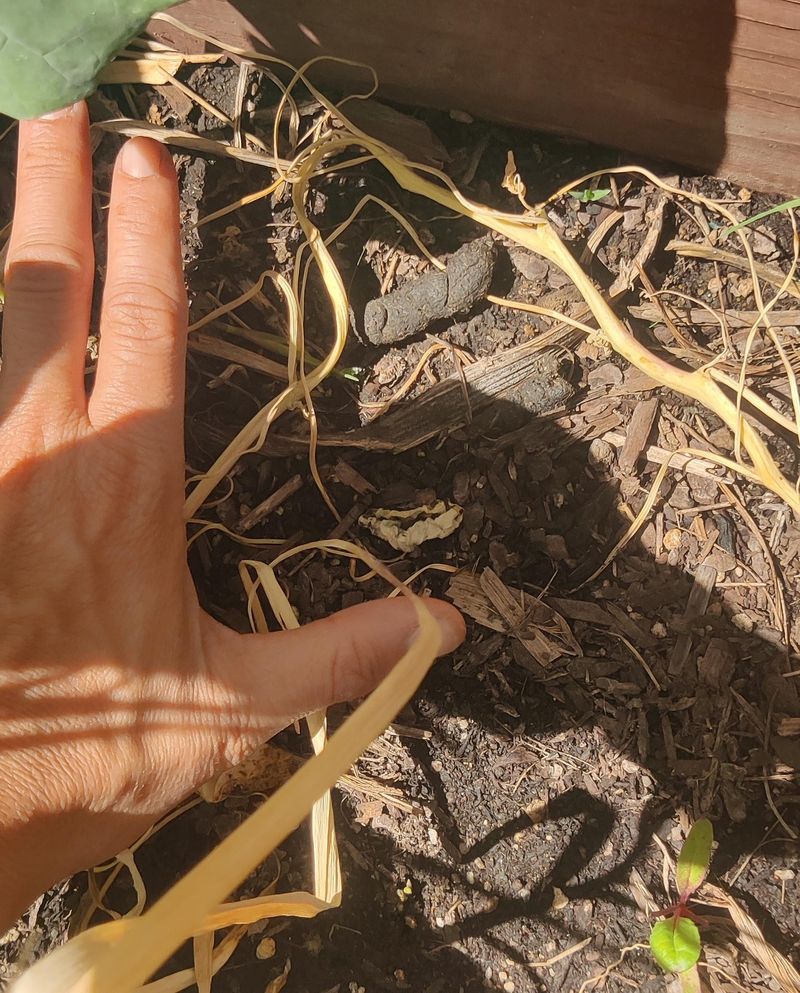
Possum waste acts like natural fertilizer, returning nutrients to Pennsylvania soil that help plants thrive. Because their diet includes fruits, insects, and vegetation, their droppings contain organic matter that enriches garden beds.
While nobody wants piles of waste on their patio, scattered droppings across larger yard areas actually improve soil health. Think of possums as unpaid landscaping assistants who contribute to a healthier, more balanced outdoor environment without you lifting a finger.
6. They Help Control Snake Populations
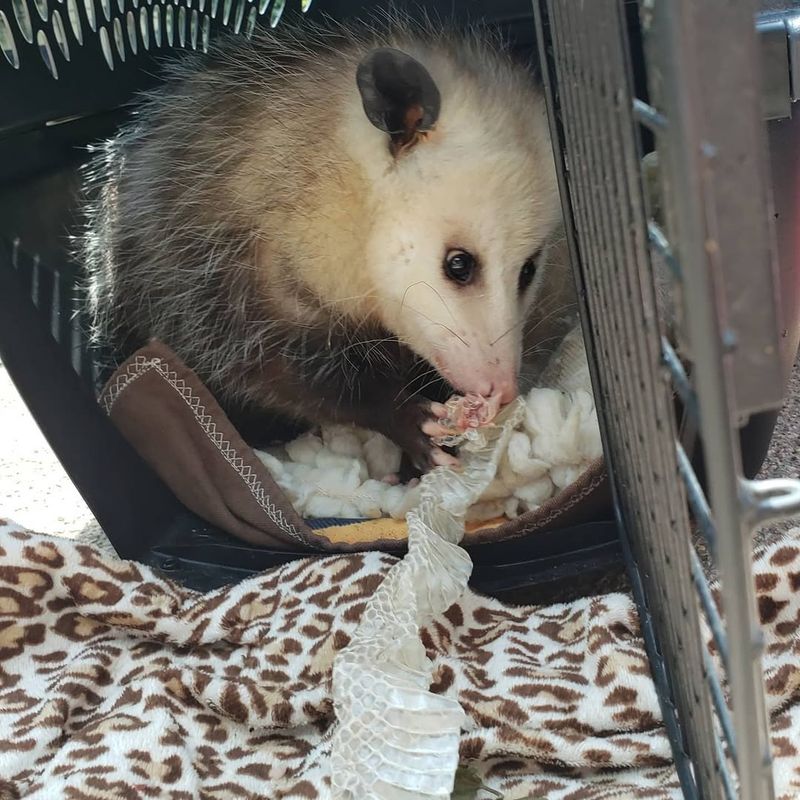
Possums aren’t picky eaters, and snakes—including venomous ones—sometimes end up on their menu. Pennsylvania has timber rattlesnakes and copperheads in certain regions, making this trait particularly valuable.
Because possums have partial immunity to snake venom, they can hunt these reptiles more safely than other animals. Having a possum patrol your property might mean fewer unwanted snake encounters during warm months. This natural predator-prey relationship keeps ecosystems balanced and yards safer.
7. Simple Deterrents Work Better Than Removal
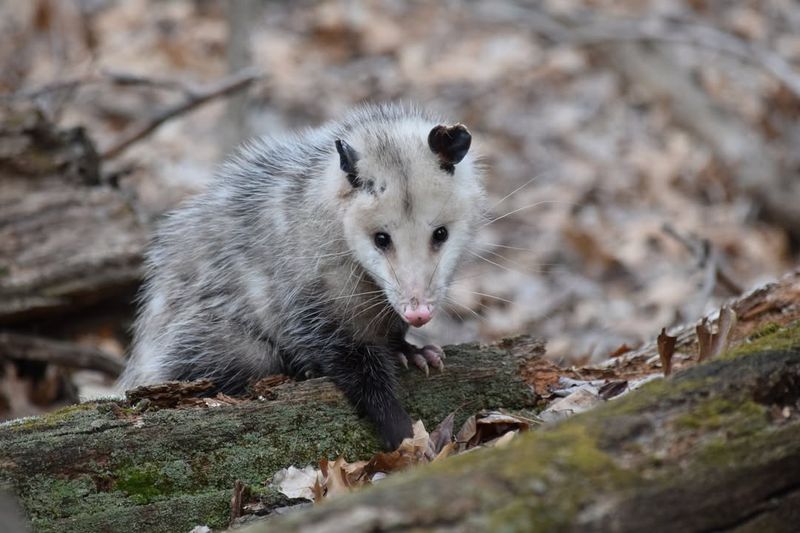
Rather than trapping or relocating, Pennsylvania homeowners can encourage possums to leave by removing food sources and shelter options. Secure trash cans, pick up fallen fruit, and close off spaces under decks or sheds.
Motion-activated lights or sprinklers also convince possums to find somewhere else to roam at night. These humane methods respect wildlife while protecting your property, creating a win-win situation. Prevention beats removal every time when it comes to backyard critters.

